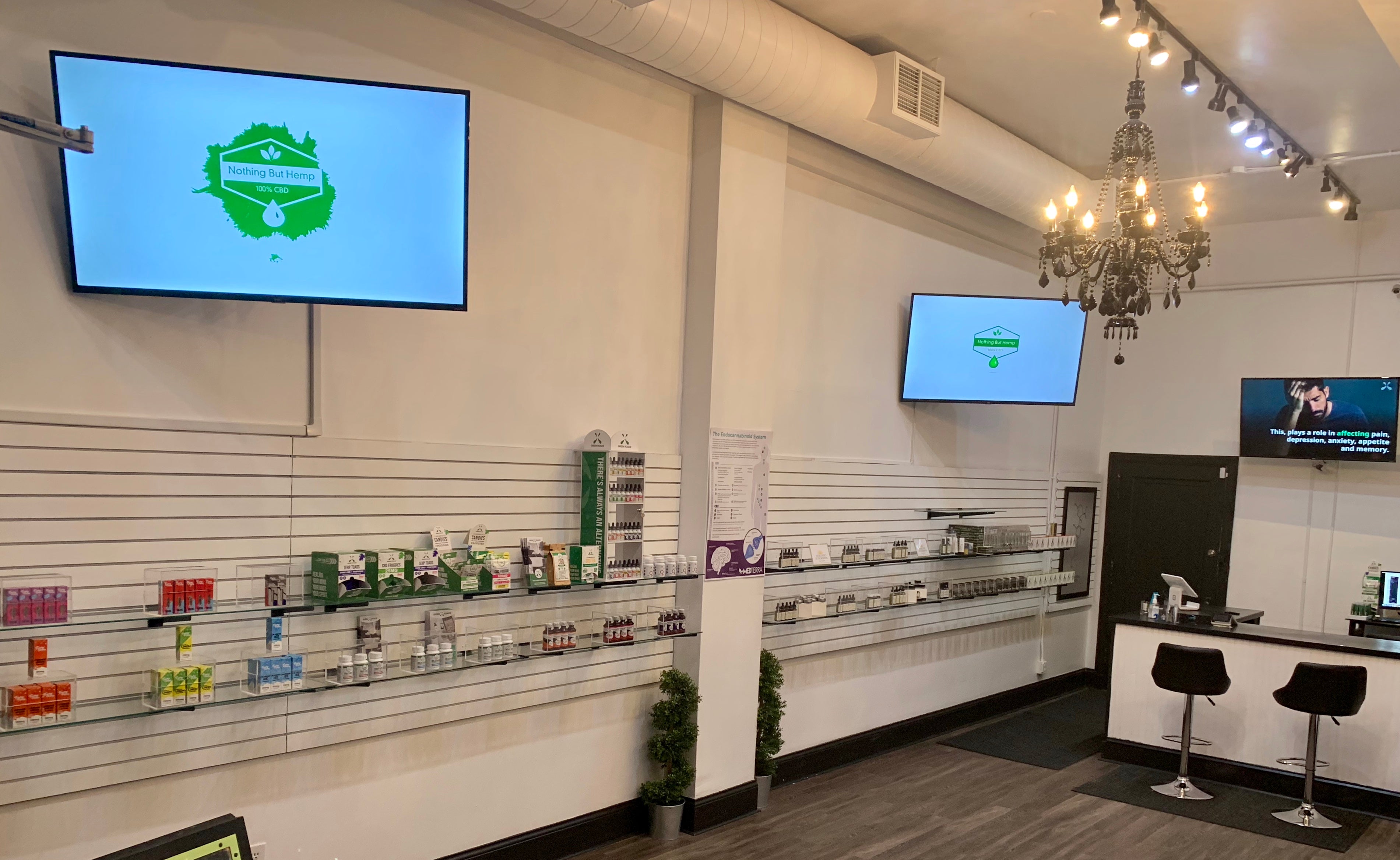
For the long history of hemp-based farming, the plant has been used for its attractive qualities as a textile in reliable, sturdy and sustainable clothing and fabrics.
There has also been a long history of hemp products in the United States, where it was grown for textiles and even used to make an experimental car design by Henry Ford. The Controlled Substances Act of 1970 criminalized all cannabis including hemp, but the 2018 Farm Bill redefined the plant as an agricultural product. [3]
One of the most popular and accessible, yet solidly fashionable brands has latch on to this new opportunity, which until now has been seized by those making CBD products. Levi’s, famous for their manufacture of iconic bluejeans, announced Monday that they would begin manufacture of hemp-cloth jean designs.
In their Monday announcement, Levi’s talked up the benefits of new cottonized hemp for their Wellthread Collection. Among these, the company boasts that hemp will be more environmentally-friendly than the normal cotton selections.
The collection includes garments like jean jackets, board shorts, and T-shirts, along with a bevy of jean offerings.
According to reporting in Slate, the environmental impacts of hemp versus cotton are clear. While the Levi’s and other clothing textiles generally use a mixture of cotton and hemp in order to make the fabric more familiar, hemp uses roughly 50 percent as much water as cotton. [4]
The word ‘weed’ is no accident: hemp is able to grow in pretty much any soil, and doesn’t need fertilizers and pesticides to grow healthy and strong. This is just another of its benefits when compared to the land restrictions and overhead costs that go into growing other textiles like cotton.
Another aspect of the costs in cotton-polyester blend clothing, according to a study cited by Slate, is the processing time and manufacturing process costs. [4] Mixing instead with hemp may help ease these costs and delays to end consumers.
Reporting from Forbes did cast some doubt on the properties of hemp, however. For instance, hemp textiles and especially clothing tend to be a bit coarse and can be scratchy on the skin. [1]
Still, the news about Levi’s adoption of hemp is a huge turn in the road for hemp and its farmers. More and more companies and farms are likely to adopt the plant as more market innovators show that their sustainability and fashion are viable.
Sources
[1] https://www.forbes.com/sites/monazhang/2019/03/08/levis-and-outerknown-figure-out-how-to-use-hemp-in-denim/#6fbe7803710d
[2] https://www.levi.com/US/en_US/blog/article/levis-wellthread-x-outerknown-present-cottonized-hemp/
[3] https://ministryofhemp.com/hemp/history/
[4] https://slate.com/technology/2011/04/hemp-versus-cotton-which-is-better-for-the-environment.html








































